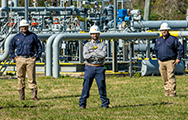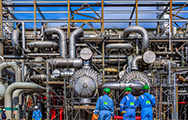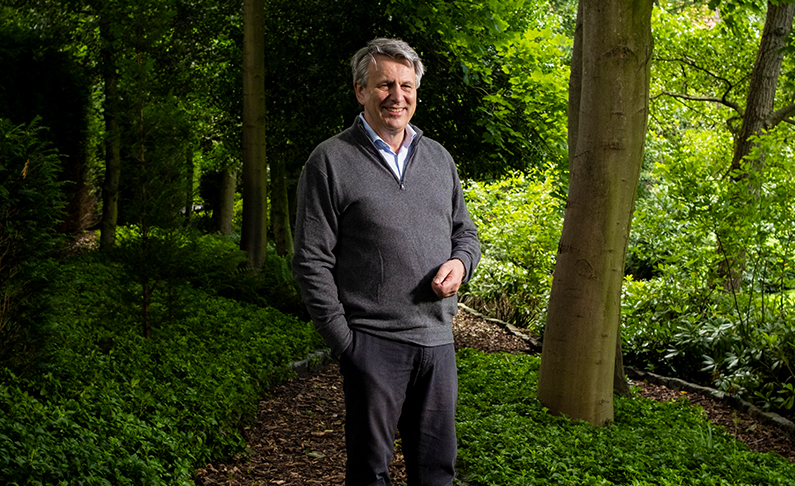Non-operated ventures
Shell often works in joint ventures with national and other international energy companies. These organisations bring important skills and experience to a joint venture.
More than half of Shell’s joint ventures are not operated by Shell. We do not have direct control over how these ventures embed sustainability in their operations but seek instead to offer our support and exert a positive influence on their operations.
For example, when entering a non-Shell-operated joint venture, we require our partners to agree to and adopt the Shell Commitment and Policy on Health, Safety, Security, Environment and Social Performance (HSSE & SP), or one substantially equivalent to our own.
When entering a non-Shell-operated joint venture, we expect our partners to apply standards and processes, or principles, that are materially equivalent to our own, specifically our:
- Shell General Business Principles;
- HSSE & SP Commitment & Policy; and
- Statement on Risk Management (or a materially equivalent approach to risk and internal control).
They are also expected to put in place standards to adequately address HSSE & SP risks.
We periodically evaluate the health, safety, environmental and community risks of our joint ventures. If a joint venture is falling below expectations, plans will be put in place, in agreement with the other participants, to improve performance.
Helping our partners reduce emissions
In 2020, we helped North Caspian Operating Company (Shell interest 16.8%), which operates the Kashagan oil and gas field in Kazakhstan, assess energy use on site and develop an emissions reduction strategy. This work highlighted measures that could reduce emissions, including implementing a methane leak detection and repair programme, recovering energy from waste heat and flared gas, and powering parts of the site with renewable energy.
LNG Canada (Shell interest 40%) is building a liquefied natural gas (LNG) export facility at Kitimat, British Columbia, which is expected to have one of the lowest greenhouse gas emission profiles for a project of its kind. Shell was closely involved in the design of the facility, which will use energy-efficient gas turbines and hydropower to reduce carbon emissions by 35% compared with the world’s best-performing LNG facilities. The project will improve the availability and affordability of natural gas for Asian markets.
In 2020, Petroleum Development Oman (PDO; Shell interest 34%) used our energy efficiency surveillance tool across its production sites and identified opportunities for operational improvements. This led to a reduction of carbon dioxide emissions, and also lowered PDO's operating expenses.




